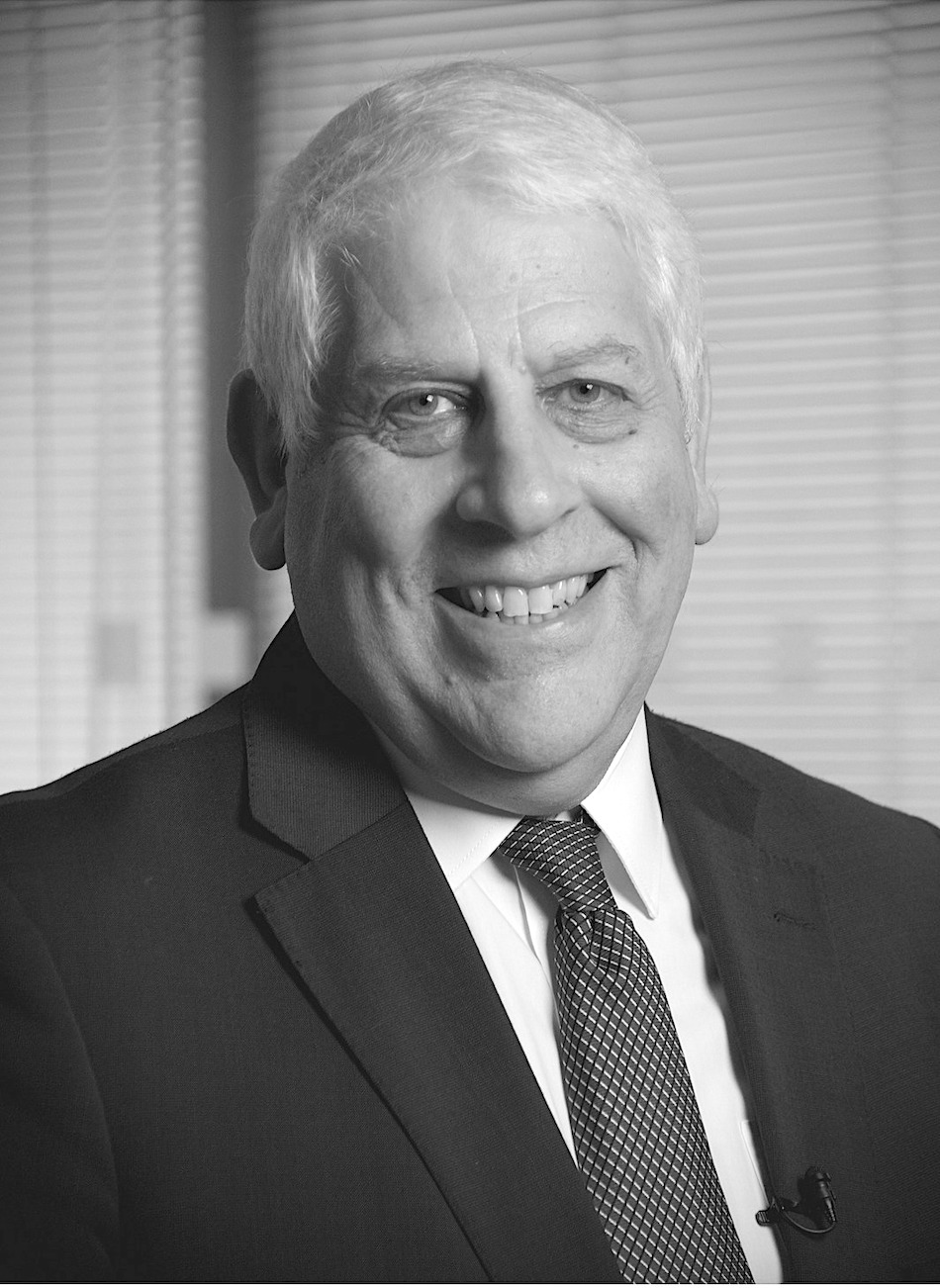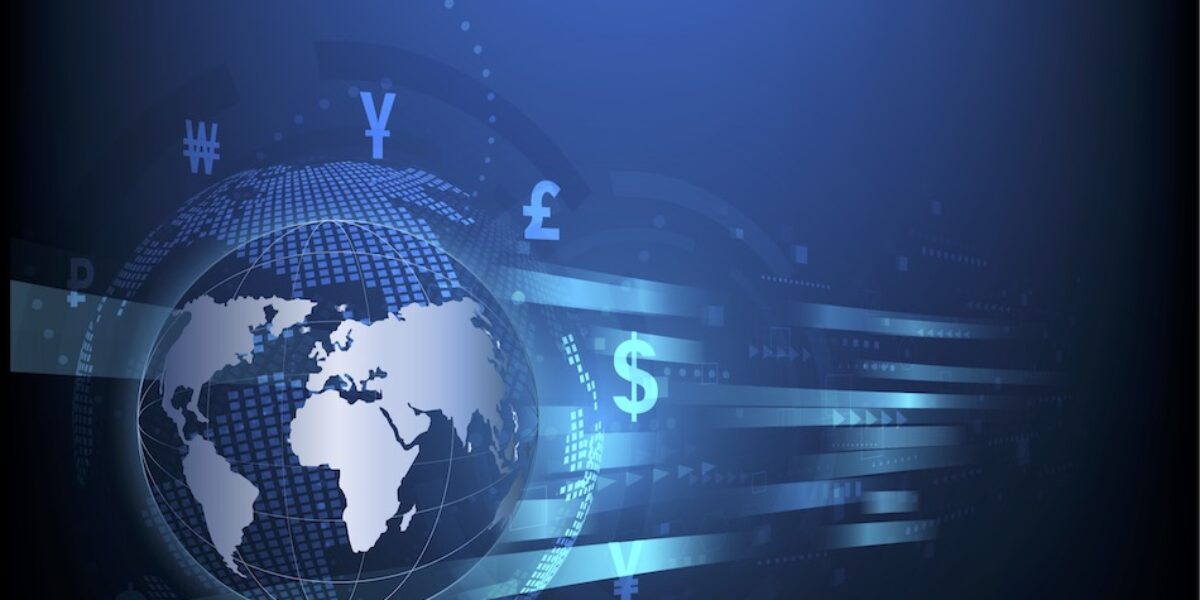Bank on Euro Exim
Euro Exim Bank has been at the forefront of the Trade Finance Industry for many years, and continues to show strong growth. Whilst not letting a global pandemic slow them down and continuing to provide a fast and effective service to global businesses. We sit down with Dr Graham Bright , Head of Compliance and Operations Euro Exim Bank Ltd to discuss where it all went right.
New European Economy : Can you tell us what the next 12 months potentially has in store for Euro Exim Bank global operations?
Dr Graham Bright: With every nation experiencing unprecedented challenges with rising domestic utilities, food, commodities and transport fees, the public in general has become much more cautious in spending as companies review their borrowings and expenditure. All at a time when the UK consumer is now informed of eye-watering 42% expected increases in energy bills coming in November 2022.
 Short term sustainability and long-term existence have become high priority, and this is vitally important in the world of international trade. Russia may be threatening to cut gas supplies, but countries are seeking alternative sources of supply. New supply chains, not only for gas but also foodstuffs and critical raw materials, previously disregarding through proximity, currency or price have become more critical. We note that Egypt and Morocco are potential alternative energy producers, with wind, solar, atomic, hydroelectric and wave producers being encouraged to increase supply and reduce single source dependency.
Short term sustainability and long-term existence have become high priority, and this is vitally important in the world of international trade. Russia may be threatening to cut gas supplies, but countries are seeking alternative sources of supply. New supply chains, not only for gas but also foodstuffs and critical raw materials, previously disregarding through proximity, currency or price have become more critical. We note that Egypt and Morocco are potential alternative energy producers, with wind, solar, atomic, hydroelectric and wave producers being encouraged to increase supply and reduce single source dependency.
The market is dealing with a shortage of liquidity, lack of infrastructure, cost of foreign exchange (specifically USD dollars), where traditional players are withdrawing from trade services and de-risking. Rather than embrace great potential business, banks, once great risk takers have reversed this position as they seek to avoid corruption, fraud, default, claims, penalties and reputation damage, rather than serving a lucrative market sector.
For Euro Exim Bank, the continuing reliance on global trade has meant no let up in business opportunity. With emerging markets, new participants in supply chains in previously undeveloped jurisdictions, we have seen more requirements for financial instruments such as Standby Letters of Credit. Our organisation has expanded to number more that 3500 independent trade finance consultants in over 130 countries, with our business model which allows buyers to work with appropriate collateral, protecting cashflow and enabling level competition among the Tier2/3 players.
New European Economy : How do you think Euro Exim Bank has affected the Trade Finance market?
GB: Euro Exim Bank has gained an enviable reputation through its competitive pricing, customer relationships and fast service. As a disruptor in the market, we maintain our position through local contact, constant training of our expanding teams, strong CSR policy and sustainability. EEB is active in not only raising company awareness of our company through digital media and TV, but also providing insight into current economic issues in the trade arena.
“Our advice is simple. Deal with the specialists, work on a proof of concept with a smaller deal to start and be realistic.”
We contribute thought-leadership articles in the financial press, attending conference and industry events, and are regularly recognised with international awards for our products and services. In these ever-changing times, we are the ‘go to’ bank of choice for many smaller institutions, disadvantaged through size, volume, trade frequency and perceived poor but unproven reputation when competing on the international stage.
New European Economy: What impact can you see technology having over the next 2 years within Trade Finance and is Euro Exim Bank considering rolling out anything to disrupt the market?
GB: Technology plays a huge part in international trade and is a key enabler for smooth trade flow. Connecting the many players in a cross-border trade is currently complex, expensive, and highly disorganised, as, rather than just two parties being involved as in the case of a payment’s transaction, the ecosystem of trade includes buyer, seller, freight forwarder, shipper, insurer, customs, foreign exchange, issuing bank, advising bank, beneficiary bank, inspectors, road haulage etc, still heavily reliant on paper and wet signature.
Each have their own systems, logistics, service level agreements, regulatory pressures to follow, and as a result, efforts are being made to digitise and standardise documents such as electronic bills of lading and to digitalise internal processes, making transfer and acceptability of golden trusted records, secured through blockchain technology the rule rather than todays exception.
“It is impossible for every business to know everything, and as such, working with the right supplier, with the right product, price and people is fundamental to helping companies achieve their goals.”
Indeed, the International Chamber of Commerce (ICC) estimates indicate that digitising trade documents could generate £25billion in economic growth by 2024, and savings of £224billion through the uptake of the MLETR, the Model Law on Electronic Transferable Records.
Also, key will be the further uptake of artificial intelligence and machine learning when screening documents, enabling faster KYC and due diligence checks, more precise document reading and data extraction and automatically checking and uploading into in-house systems.
Rather than roll out disruptive technology, which traditionally takes resource, expenditure, and time, we are concentrating with our internal IT experts on improving our workflow-based trade finance platform for clients today. This enables fast document turnaround and issuance of instrument drafts, consolidation and quick retrieval of all associated data sources, creation of real-time management reports and the exacting compliance requirements and reports for our regulator.
New European Economy: What advice would you give to any new businesses that may benefit from using your services?
GB: It is impossible for every business to know everything, and as such, working with the right supplier, with the right product, price and people is fundamental to helping companies achieve their goals. As an example, a small buyer wishing to buy cross-border for the first time will not always have the knowledge of the mechanics of international trade, cashflow or connections to complete a complex deal. Or the support of their regular bank.
“Constant vigilance is the first defence in our armoury as we defend ourselves from the likes of: attack and/or theft from hackers”
And, if a small newly formed company approaches a large bank for a letter of credit with a value more than 10M USD as a first transaction, with an HS code for a product not usually traded, with a company structure of convoluted interconnections, holding companies and newly incepted subsidiaries, over-complicated set of delivery or exchange of ownership instruction, the chances of having an instrument issued will be almost non-existent.
Even if it defies the odds and succeeds in arranging an instrument, the bank or issuing party will typically demand locked collateral for the lifetime of the transaction (up to one year) which renders the deal unworkable and uneconomical.
Our advice is simple. Deal with the specialists, work on a proof of concept with a smaller deal to start and be realistic. Build a relationship, look at the contact surface, i.e., the people and where the company is represented. EEB has agents and partners in over 130 countries, capable of providing the assurance that a deal is feasible, possible, and financially acceptable.
New European Economy: There’s a huge amount of financial fraud and cyber-attacks directed at the banking industry. What is Euro Exim Bank doing to safeguard not just themselves but the end users from these threats?
GB: Unlike a retail bank with counters, current accounts and holding client cash, as a wholesale bank with tightly controlled electronic systems, EEB uses online 3rd party accounts with global banking counterparts. However, this does not stop the possibility of cyber-attack as information, as much as cash, is power. So, we are more than ever aware of new kinds of attacks as follows:
- Phishing Attack– where a cyber-criminal poses as a legitimate institution and emails a victim to gain personal details like login credentials, home address, credit card information.
- Denial of Service Attack (DoS) – flooding a victim’s system with traffic, to the point where their network is inaccessible. Whilst hackers do not gain any valuable information it disrupts operations, and ability to trade.
- Structured Query Language (SQL) Injection Attack – where the hacker writes vindictive SQL code and inserts it into a victim’s database, to access private information.
- A man-in-the-middle (MitM) – where a cyber-criminal hacks into a communication channel between two people and eavesdrops on their online exchanges.
Constant vigilance is the first defence in our armoury as we defend ourselves from the likes of: attack and/or theft from hackers (ethical or not), followed by implementation of systems to block and track nation states seeking financial information, industrial espionage, abuse of usb/memory sticks, public wi-fi, worms, trojans, viruses, weak passwords, ransomware, unsecured databases, and internal threats even from the likes of disgruntled employees. The list is growing.
Many organisations no longer consider if they will be targeting but when and must take immediate steps to continually safeguard their assets with all haste. Failure is not an option.
New European Economy: The last 24 months have been very volatile and unpredictable. What changes have you seen to the market?
GB:Through the pandemic with its resourcing and supply issues and now compounded with international military action, the effects of which are being seen across the globe, markets have changed.
There has been massive supply chain disruption, not only through the “Ever Given” container ship problems in the Suez Canal resulting in displaced late arrival of once reasonably priced containers with the resulting increased costs from hundreds to thousands of dollars, but also the dramatic increases in prices of oil, gas and general goods in domestic markets.
The rapid switch to medical supplies (PPE) production has now outrun its course, as has demand for expensive lucrative PCR testing at a time when many fortunes were made from the misfortune of others. Of key significance now is the source of supply of components for semiconductors, and critical rare raw materials, made up of some 30 elements used in medical, electronics, aviation, and automotive industries.
The insatiable demand for electronics, and renewed interest in electric vehicles as petrol prices soar is driving the search for new, economically extractable bauxite, lithium, titanium and other desired metals, a demand which may take months or years to satisfy. Companies are becoming more aware of alternative production methods, and for long term sustainability in agriculture, looking to more productive vertical farming to feed growing urban populations.
In this era of fear, uncertainty and doubt, companies must remain open minded, adaptable, and agile, paying close attention to cashflow, working with experts, and safeguarding their intellectual property and assets to have any chance of surviving the next 24 months.
For more info: www.euroeximbank.com


